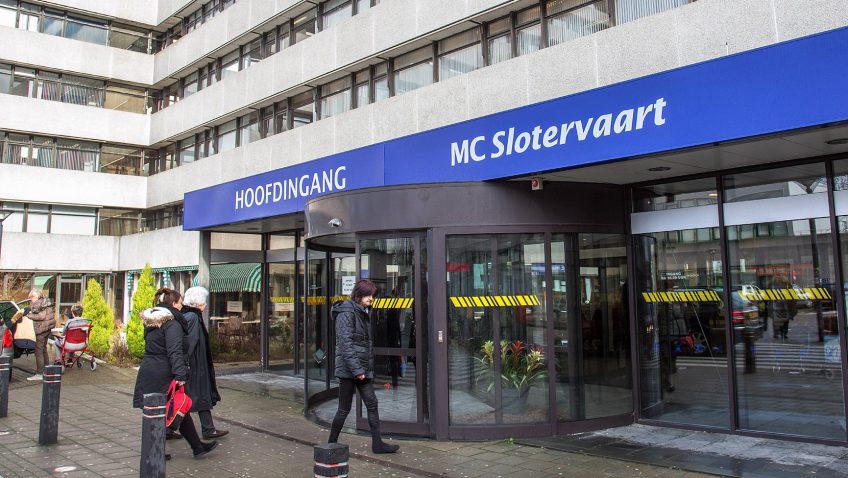‘That shows the value of relationship management’
Because of the sudden bankruptcy of the Slotervaart hospital and the hospitals of the MC Group, eighteen Windesheim students lost their internship place. Thanks to rapid action the majority of them quickly received new internship placements.
The bankruptcy came out of the blue for many – for patients, employees ánd interns. For the division Health Care and Social Work in Zwolle this concerned twelve internship placements; five in Slotervaart and seven in Lelystad. All of them are third or fourth years students studying Nursing who started their internship eight weeks ago. In Almere, at the study programmes Speech and Language therapy and Nursing, they saw six places for internship disappear. Internship coordinator Ronald Uittenbroek: ‘Here at Windesheim we and the internship office immediately took action to arrange new internship placements. What really impressed me was that some of the students offered to look for placements themselves. In some situations they succeeded.’
Three hospitals in the region (Zwolle, Apeldoorn and Hardenberg) received an email right away in which the situation was explained. Several teachers called them shortly after: ‘And I have to say, they responded perfectly. Particularly Isala, she did a great job thinking of how she could find a solution. Within a week we placed six intern there.’ In the meantime all twelve interns from Zwolle have received a replacement internship.
Two or three were placed somewhere else than in a hospital. Uittenbroek: ‘We strive to include an internship there during their study programme, so that they can experience the whole medical sector, but that will be all right.’ We have also reached out to the Examination Board to make sure that these twelve students will get a few extra weeks.’ Almere was also able to find new internship placements for the students. Head Lecturer Judith Reijman Hinze said: ‘Within a week they received new internship placements at our partners who actively helped with finding solutions. They got placed at the Flevo hospital, Coloriet and the Bovenij hospital.’ All ended well, but has Uittenbroek learned something from this? ‘Well… what we learned is how valuable our investments in relationship management and the cooperation with the internship office has been. Every healthcare institution nowadays is linked to a teacher from the study programme; they know “their” institution well, have close contact with them and those teachers called the hospitals. That investment in relationship management really paid off. Next to that I think we have learned to be critical. We knew the financial situation of those hospitals were unstable; there are currently more hospitals like that. You notice that when you look at the quality of the healthcare they offer. We need to pay close attention to it. And because we have such close contact with the institutions, we can also be critical towards them.’ (MH)
